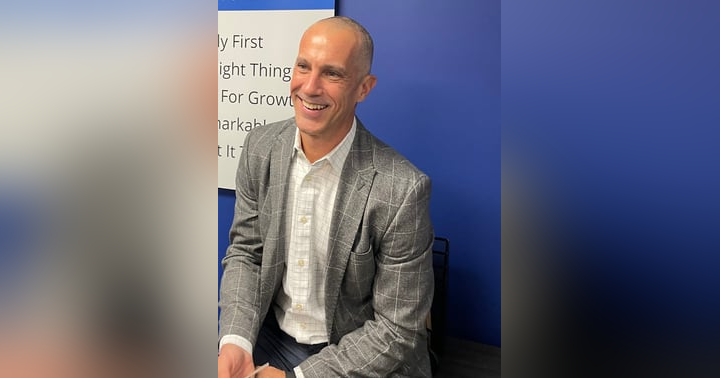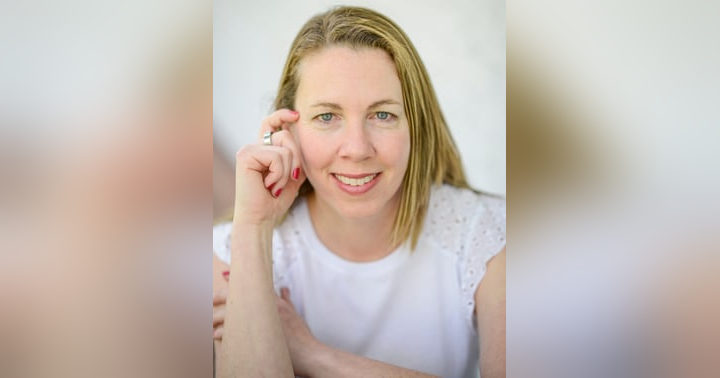
From a Stable Start to a Stormy Middle
In the quiet rhythm of a Tennessee town, where football games lit up Friday nights and family dinners were sacred, Mark Hicks learned what a healthy home looked like. His parents, high school sweethearts, gave him stability and love—a rare gift he’d come to cherish more deeply over time.
As a child, Mark assumed love just worked. It was as natural as breathing. But as he grew, life dismantled that simplicity. Driven and ambitious, he pursued leadership, ministry, and academia. He studied theology, psychology, and counseling, trying to decode the human heart.
The Collapse and the Choice to Live
Mark's first marriage didn’t follow the script of stability. Despite all efforts—prayer, therapy, service—his relationship became toxic. For 13 years he tried to hold it together, not only for love but for appearances. The man who helped others couldn’t fix his own house.
Eventually, he faced a devastating question: Should he stay in a marriage that was breaking him—or leave and face judgment? At his lowest, he considered ending his life. But Mark chose to live. Divorce came, followed by shame and criticism—even from his own church. One member called him a disgrace. For a time, he believed her.
Service as Healing
He threw himself into service: disaster relief, addiction recovery, international missions. He hosted a radio show in the Czech Republic, offering psychological insight in the most atheistic country in the world—not preaching, just listening. He became more honest, more grounded, and more human.
Then he met Heather. Their relationship didn’t come with fireworks. It came with clarity. They built something new—not perfect, but rooted in mutual respect and healing.
The Five Foundations of Love
Out of pain and insight, Mark distilled a new understanding of love—one made not from romance, but from rebuilding. He teaches that love is not an emotion. It's a skill. And it can be learned.
Grief is the first foundation. Not sadness, but healing. The ability to acknowledge wounds, release the past, and be emotionally present. Without grief, we carry baggage into every relationship.
Emotion is next. The ability to feel, express, and connect. Love requires vulnerability. It’s not enough to feel—you have to share.
Practicality comes third. It’s the structure of daily life: who handles what, how you support each other’s mental health, how you show up when it’s hard.
Acceptance is the fourth. Not tolerating harm, but embracing imperfection—especially your own. Mark reminds us that self-love sets the ceiling for how deeply you can love others.
Passion is the fifth. Not just sex or romance, but joy. The ability to laugh, to play, to build dreams. Passion fuels connection—it’s not optional.
The Heart Behind the Healing
Mark didn’t write this framework from a place of mastery. He wrote it from the ruins of what didn’t work. From divorce. From shame. From starting over.
His voice isn’t for the perfect. It’s for the honest. For the brave. For those ready to learn love—not as fantasy, but as daily practice.
Key Takeaways
-
Love can be learned: It’s not about luck—it’s about skill.
-
Grief makes room for connection: Healing old wounds is essential.
-
Your relationship needs structure: Emotion alone isn’t enough.
-
Self-love is the foundation: You can’t give what you don’t have.
-
Passion matters: Fun and shared joy keep love alive.











